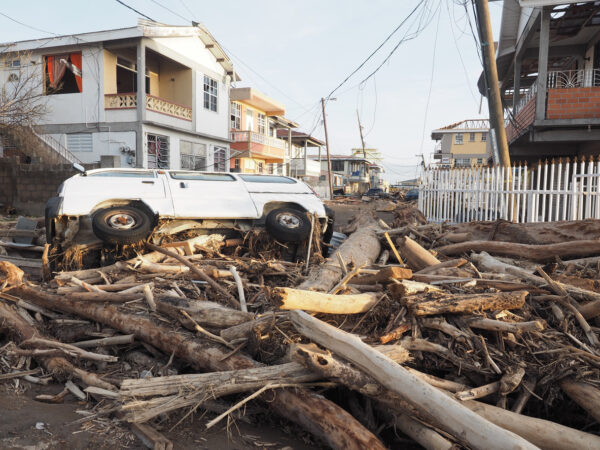Climate justice
Share

We support the development of inclusive climate policies, conduct scientific research on equitable and fair climate action, support for just transition and provide thought leadership on climate justice.
We also conduct independent assessments on climate impacts related to policy inaction to support climate litigation cases.
Our experts

Rueanna Haynes
Head of Diplomacy and Director of Climate Analytics Caribbean

Carlon Mendoza
Climate Policy Advisor - Climate Justice

Kristin Qui
Climate Diplomacy Advisor - SIDS Support

Sasha Jattansingh
Loss and Damage Expert

Marli Klass
Research Assistant
Projects

Implementing the Paris Agreement in the Caribbean
The Climate Governance Initiative for the Caribbean (CGIC) aims to support the development of governance structures to allow equitable and just national climate action to implement the Paris Agreement in Caribbean countries.

What happens when you don’t, or can’t, migrate?
When climate impacts hit, there are those who don’t, or can’t, leave. The Immobility in a changing climate (ITHACA) project looks at the choices and constraints that lead to people’s immobility in the face of climate change, and what ramifications that has for their lives.

How do socioeconomic barriers inform limits to adaptation?
The EmBARK project investigates possible trajectories of socio-economic transformation processes and analyse their relevance as potential barriers to adaptation to climate change.

Climate risk, adaptation and insurance in the Caribbean
The Climate Risk Adaptation and Insurance in the Caribbean (CRAIC) project, led by Munich Climate Insurance Initiative, assists Caribbean countries in their efforts to increase social resilience and adapt to climate change by incorporating climate risk insurance within a broader framework of disaster risk reduction strategies.

Analysing issues of fairness for carbon dioxide removal
The Carbon Dioxide Removal Options: Policies and Ethics (CDR-PoEt) project examines policy instruments and pathways towards fair deployment of carbon dioxide removal to meet the objectives of the Paris Agreement.

Regional climate champions in the Caribbean
The Regional Climate Champion Project aims to build a regional coalition for ambitious implementation of the Paris Agreement.






























